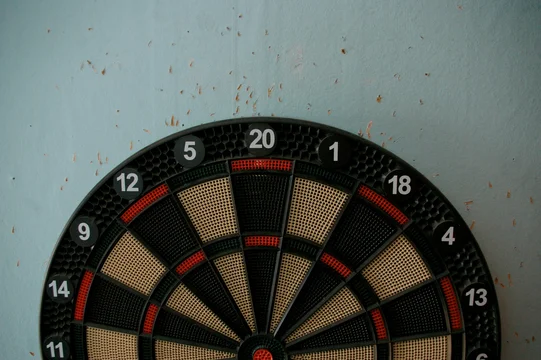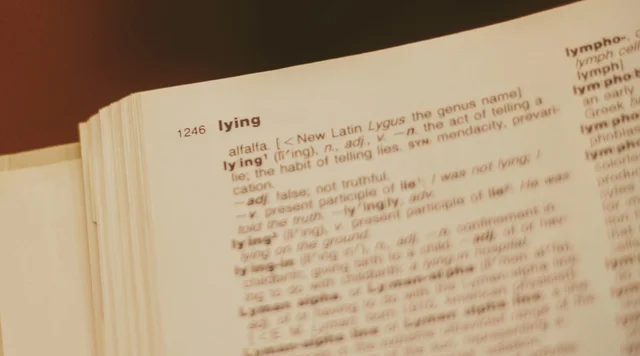
I thought I'd share an old transcript that has come in handy a number of times since it issued back in 2013, where Judge Andrews made a helpful ruling about how and when patentees must respond to conception date interrogatories—an issue that comes up frequently.
In Vehicle Interface Techs., LLC v. Jaguar Land Rover N. Am., LLC, C.A. No. 12-1285-RGA (D. Del.), the defendant filed a discovery dispute to compel a full response to an interrogatory asking for the date of conception and reduction to practice.
The patentee had responded, but the answer was not very helpful. According to the discovery dispute letter:
[The patentee] stated that the sole inventor . . . “conceived the inventions” in the asserted patent and that “[c]onception, as well as constructive reduction to practice, took place no later than” the filing date of the asserted patent.
Id., D.I. 23 at 1. The patentee responded that it shouldn't have to provide a more specific contention date until defendant provides it invalidity contentions:
Defendant[ bears] " . . . the ultimate burden of proving its defense of invalidity . . . ." [t]he Delaware Default Standard for Discovery contains no requirement that the patentee provide priority dates before the defendant serves its invalidity contentions. . . . [Plaintiff] has no obligation to investigate whether the patent-in-suit is entitled to an earlier priority date at least until Defendant has provided its invalidity contentions.
Id., D.I. 24 at 2-3. The Court rejected this position. First, it criticized the patentee's "no later than" framing:
[MR. NAPLES] They said that the conception date, and the reduction to practice date, are no [later than] the filing date.
Based on everything we have -
THE COURT: Well, no. I mean -
MR. NAPLES: -- in our possession, custody, and control --
THE COURT: I'm reading that, because you're right. That's -- how do I say this politely?
That's a fairly nonsensical answer, right?
MR. FARNAN: You don't have it be so polite.
THE COURT: So I am interpreting that as saying, it's the filing date?
MR. NAPLES: Mm-hmm.
THE COURT: So, okay. Go ahead.
Then the Court held that the plaintiff could not wait until after invalidity contentions to disclose its priority date:
i[I] the inventor is saying it occurred some time in this time period, just because you may not -- your client may not be able to prove that, or have doubts about being able to prove it, or have the corroboration, whatever, it strikes me that unless you want to give up the right later on to pick that date, that you should tell him it now.
. . .
So to the extent that any of your answers depends on the idea that you don't have to provide the information now, because they haven't provided invalidity contentions, I reject that.
[I]f you want to amend your answer . . . you've got five business days[.]
And, you know, maybe in the end, it won't be a date that can be proven. Maybe it turns out that it's only a few months earlier and it's not effected by all this, so it's not even a litigated issue down the road, but I do think that they deserve your best answer now.
And if your best answer is, it's the filing date, well, that's fine.
The Court also made clear that the Delaware Default Standard is not applicable in determining when a plaintiff must disclose its dates of conception and reduction to practice:
THE COURT: But I don't think the Delaware default standard is really applicable, because it's clear that, in fact, discovery is going on, and there are certain things that, yes, I would think that their sequencing of the discovery, the default standard, would suggest a certain order of doing things, but I don't think it's applicable here.
Id., D.I. 25 at 14:10-15.
Maybe Bookmark this Page If You Represent Patent Defendants
This transcript may be from 2013, but it's still kicking. It's a convenient authority for this proposition, and this issue comes up from time to time. If you bookmark this page now, you'll be able to find it on your next meet-and-confer with a patent plaintiff who may not be quite as on top of District of Delaware precedent.
(This is the latest entry in our ongoing series of "stuff I should post about so that I can find it more quickly next time I need it.")
If you enjoyed this post, consider subscribing to receive free e-mail updates about new posts.





